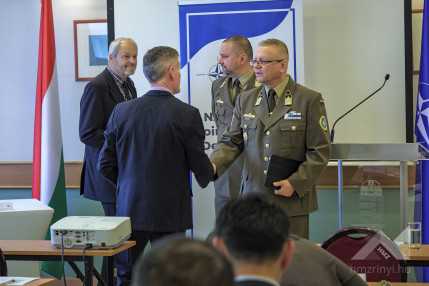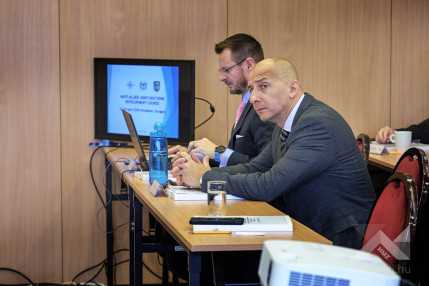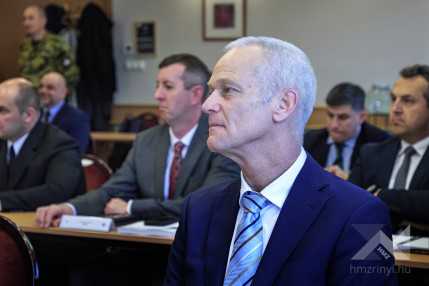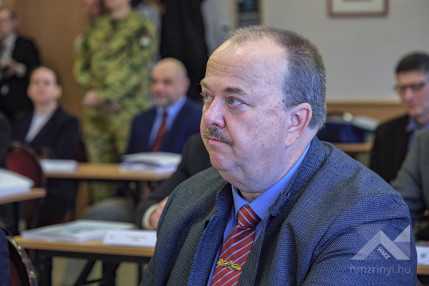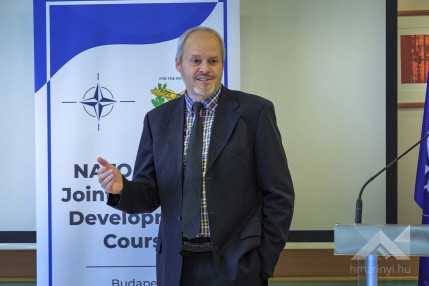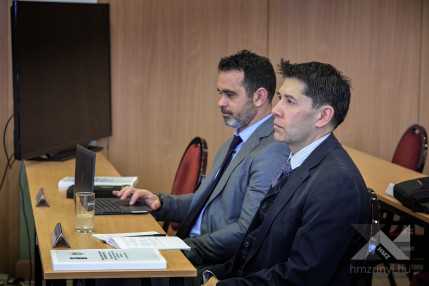Doctrine: fixed point in a changing world
Text: Eszter Bányász | Photo: Zoltán Tischler | 14:31 April 25, 2024The NATO Allied Joint Doctrine Development Course is organized in Hungary for the sixth time, between 22 and 25 April. The significance of this course lies primarily in its being the only platform within the defensive Alliance for training doctrine custodians and developers.
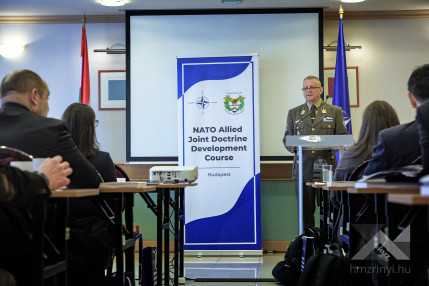
Like in earlier years, the HDF Force Modernization and Transformation Command is responsible for organizing the course, together with the co-organizers, the Norfolk-based Allied Command Transformation and the Brussels-based NATO Standardization Office.
“In our very rapidly changing world, in a strategic environment that is becoming more and more complex, the most important properties of the armed forces are adaptation and flexibility. Within the Alliance, all this is based on interoperability, the maximalization of which is the task of the doctrines. We believe in joint work and joint efforts” – pointed out Colonel Zoltán Bárány, Acting Commander, HDF Force Modernization and Transformation Command at the opening of the course.
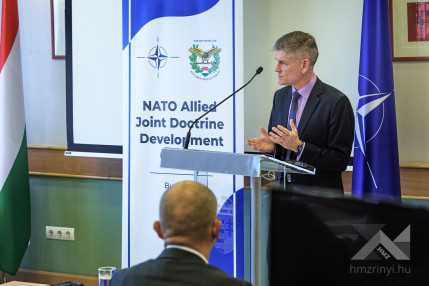
Representing NATO’s Allied Command Transformation, Lieutenant Colonel Bernd Kottman greeted the course participants, adding in connection with the significance of the training that this is a commitment based on cooperation, a course which brings change. In his response speech, Neil Loughrey, the head of the common bureau of the NATO Standardization Office also called attention to the outstanding role of education in the field of standardization, adding that the strengthening of education and training within the Alliance is another important task.
This year’s first course – which has been organized twice a year since 2023 – is being attended by altogether 22 foreign students who represent 13 nations and come from eight different NATO organizations, as well as by four members of the Hungarian Defence Forces.
The four-day lecture series aims at providing a uniform perspective for NATO and national doctrine custodians and developers, which is needed not only in drafting doctrines but also in commenting on and accrediting them. To this end, the course participants acquire wide-ranging knowledge of the standardization process and the necessary means. The latter is especially prominent, as doctrines are characteristically developed over a long period of time, almost completely without physical contact.
